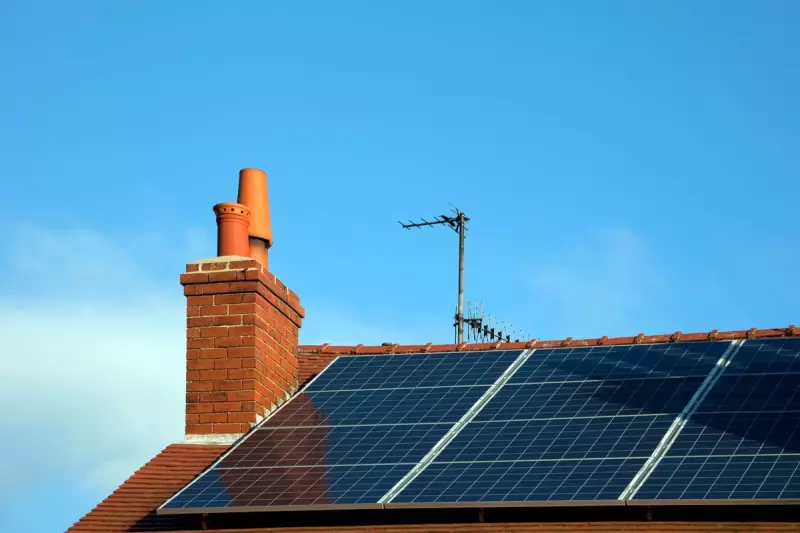
As energy bills continue to climb across Britain, more homeowners are turning to solar power as a sustainable solution. But the burning question remains: how much electricity can those gleaming panels actually produce on your rooftop?
Understanding Solar Panel Output
The electricity generation of solar panels is measured in kilowatt-hours (kWh), with most UK household systems ranging between 1kW and 4kW in capacity. The key measurement is kWp (kilowatt peak), which indicates maximum performance under ideal laboratory conditions.
In reality, British weather means your panels will rarely hit these peak numbers. However, modern solar technology has become remarkably efficient even on cloudy days.
What to Expect from Your System
A typical 3kWp solar panel system in the UK can generate approximately:
- 2,400-2,900 kWh annually in southern England
- 2,100-2,500 kWh annually in northern regions
- 8-12 kWh daily during summer months
- 1-3 kWh daily in winter conditions
Factors That Affect Your Solar Yield
Several elements determine how much power your panels will generate:
- Roof Orientation: South-facing roofs capture the most sunlight, though east-west configurations can still achieve 80-85% efficiency
- Angle of Installation: The optimal tilt angle in Britain is between 30-40 degrees
- Shading: Even partial shading from trees or neighbouring buildings can significantly reduce output
- Panel Efficiency: Modern monocrystalline panels typically convert 18-22% of sunlight into electricity
- Weather Patterns: Surprisingly, solar panels work efficiently in cooler temperatures and can still generate power on overcast days
Maximising Your Solar Investment
To get the most from your solar installation, consider these strategies:
Time your energy usage to coincide with peak generation hours, typically between 10am and 4pm. Running appliances like washing machines and dishwashers during daylight hours can dramatically reduce your grid electricity consumption.
Consider battery storage to capture excess energy for use during evening hours. Modern solar batteries can store enough power to cover most household needs overnight.
Regular maintenance ensures optimal performance. While solar panels require minimal upkeep, occasional cleaning to remove dirt, leaves and bird droppings can improve efficiency by up to 5%.
The Financial Benefits Add Up
With a well-sized system, most UK households can generate 40-60% of their annual electricity needs through solar power. Combined with the Smart Export Guarantee (SEG), which pays you for excess energy fed back to the grid, the return on investment continues to improve as energy prices rise.
As solar technology advances and installation costs decrease, harnessing the power of the British sun has never been more accessible or financially rewarding for homeowners across the United Kingdom.






